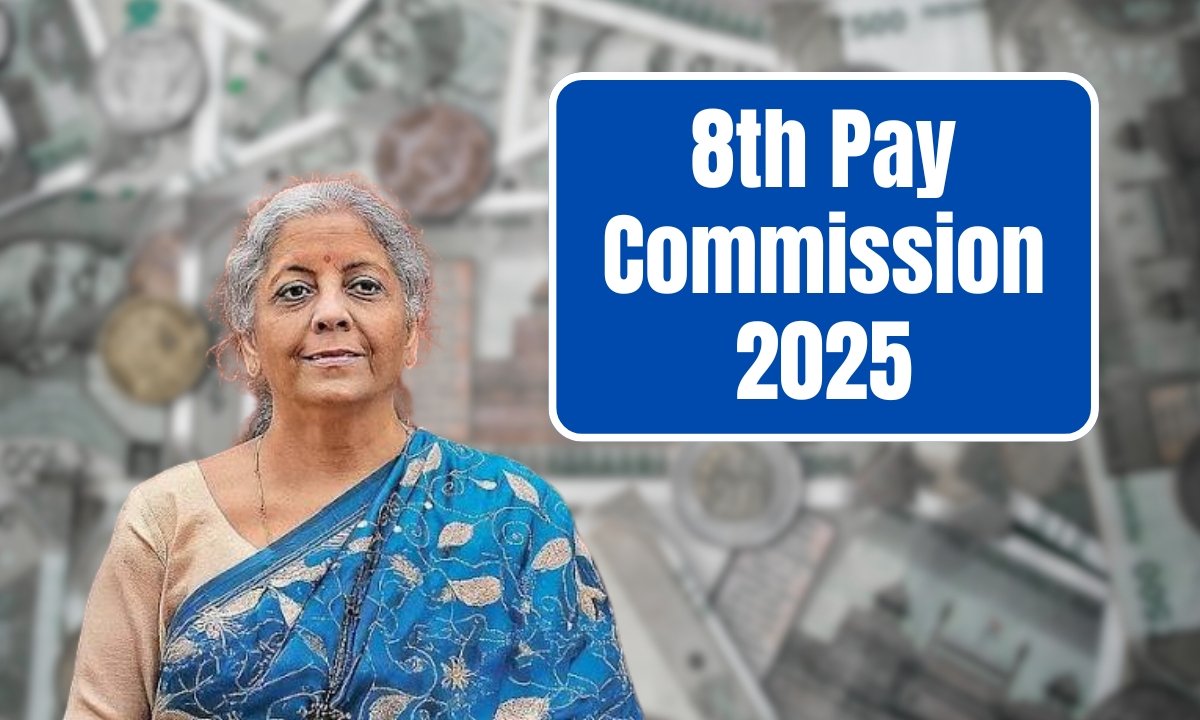The Eighth Pay Commission is creating ample buzz among central government employees and pensioners as it provides very major changes with regard to salary and pension structures. These changes are being proposed to straighten the issue where the existing pay scale has almost lost its worth due to inflation and existing rising expenses.
Expected Hikes In Salary And Pension
Some of the changes being discussed are:
- Minimum Basic Salary → An increase from current levels (₹18,000 of the 7th Pay Commission) to about ₹51,480 of central government employees.
- Minimum Pension → Could be increased to about ₹25,740 from approximately ₹9,000, thus giving retirees much-needed financial security.
- Revisions in allowances (such as DA, HRA, Transport, etc.) are also slated in order to keep them in consonance with the basic pay scale.
Fitment Factors & Salary Matrix Changes
The biggest determinants of the hikes will be the fitment factor-how much the old pay is multiplied by to get the new pay. Some reports place the fitment factor anywhere between 1.83 and 2.46. A higher fitment always means greater salary increases for an employee at any level.
In addition, there is talk of a salary matrix (with levels, grades, etc.) change so that increments can be offered more equitably across ranks.
When Might These Changes Take Effect?
- The 8th Pay Commission has been announced; however, its official formation (Terms of Reference, chairperson appointment, etc.) is still underway.
- Implementation is widely expected by January 2026, though some are saying that there might be delays resulting in parts of it being implemented in the late 2026 or early 2027.
What It Means To Employees And Pensioners
If implemented, the changes would translate into real betterment of take-home pay and lessen their burdening, in order that the pensioners are taken care of better against the rising costs of essentials such as health, shelter, and inflation. Outside of pensioners, it will be great for the current employees as this would translate into higher morale, extra disposable income, and better wage-to-cash-life ratio.
Challenges & Watch-Points
- Any funding of these increases by the government without over-enrolling it into an already stretched budget will become an issue. A large increase in salary and pensions can strain public finances.
- Ensuring the increase is not offset by measures like withdrawal or reduction of allowances or changes in the tax structure thereby lessening the actual benefit.
Also Read:DA Increase 2025: Govt Employees’ Dearness Allowance Raised To 58%

